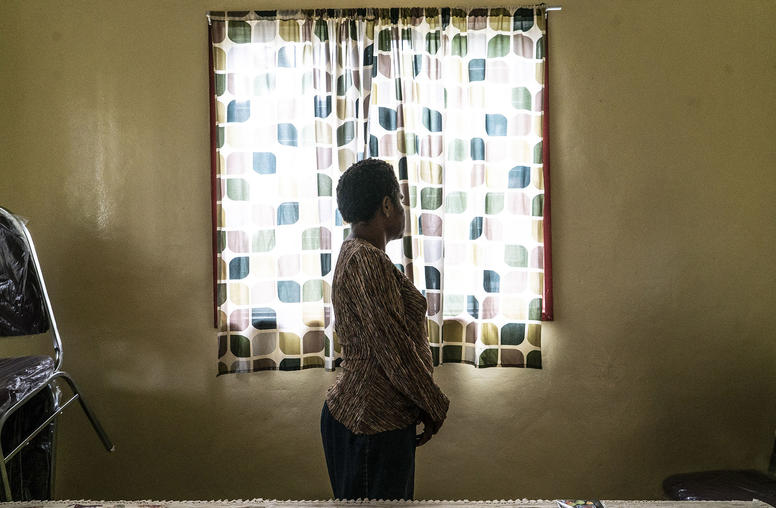Assessing Person-Centered Outcomes in Women and Children Returning from Violent Extremist Conflict
About the Paper
This paper outlines a person-centered approach to outcomes based upon existing evidence and practice knowledge for use with returning women and children in rehabilitation and reintegration (R&R) programs. Being able to identify and assess outcomes, which are the intended accomplishments of these programs, are key for understanding change processes and developing strong programs. These programs should be able to assess and track key outcomes at multiple levels, including individual, family, community, and systems. However, little guidance currently exists regarding strategies for what outcomes should be assessed and how to do so. The authors reviewed multiple sources of data, including: 1) recommendations, guidance, and other tools developed for R&R by multilateral bodies and platforms; 2) recommendations and guidance from specific country R&R programs; 3) prior empirical research in the areas of refugee children, war-impacted children, child criminal gang members, child victims of maltreatment, and child victims of sex trafficking; and 4) systematic reviews of juvenile justice outcomes and terrorist deradicalization programs. By drawing upon the existing evidence regarding outcomes from the reviews, other relevant prior work, and practice knowledge, the authors developed a new person-centered approach to outcome indicators for returning women and children. With input from returnees, practitioners, stakeholders, and experts, the authors also developed assessment scales for adults and children and propose a method for their implementation and pilot testing in programs for women and child returnees.
About the Authors
Stevan Weine, University of Illinois College of Medicine
Mary Bunn, University of Illinois College of Medicine
Dina Birman, University of Miami
Chloe Polutnik Smith, University of Illinois College of Medicine
Enryka Christopher, University of Illinois College of Medicine
Michael King, Organization for the Prevention of Violence
John McCoy, Organization for the Prevention of Violence
Gulnaz Razdykova, Center for Analysis and Development of Interfaith Relations, Nur Sultan, Kazakhstan
Emma Cardeli, Boston Children’s Hospital
Heidi Ellis, Boston Children’s Hospital
This research was funded by USIP’s Program on Violence and Extremism, which is solely responsible for the accuracy and thoroughness of the content. The views expressed in this discussion paper are those of the authors alone and do not necessarily reflect the views of the United States Institute of Peace.



